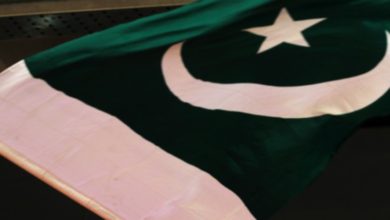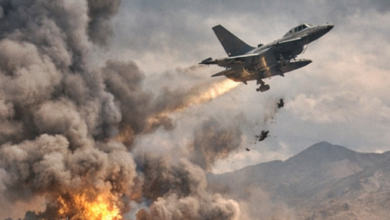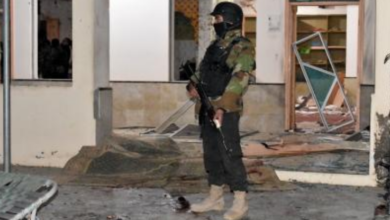US Risks Bolstering Authoritarian Rule in Nuclear-Armed Pakistan, Report Warns

ATHENS– The United States is undermining prospects for democratic reform in Pakistan by ignoring widespread political repression, effectively signaling that silencing opponents comes without international consequences, a new report warned Thursday.
The analysis, published on 9dashline, an online portal focused on Indo-Pacific geopolitics, noted that while Pakistani army chief Gen. Asim Munir is strengthening ties with Washington, security forces at home continue to crack down on jailed former Prime Minister Imran Khan’s Pakistan Tehreek-e-Insaaf (PTI) party.
“The military’s continued repression of Khan and his supporters is not sustainable and will lead to more chaos and instability,” wrote Marcus Andreopoulos, an international policy analyst. “While dealing with the military-backed government may assist Trump in reaching short-term agreements, constant disorder and popular uprisings will make it impossible for the benefits of such agreements to ever be felt.”
Andreopoulos argued that Washington’s willingness to overlook these crackdowns risks “legitimising authoritarian consolidation in a nuclear-armed state,” creating a partner that is less democratic and less reliable.
The report said the renewed U.S.-Pakistan partnership allows Islamabad to sidestep accountability for abuses of power, raising concerns for the future of democracy in the country.
It also pointed to the favorable relationship Khan once enjoyed with Trump during his first term. In December 2024, Richard Grenell, then nominated as Trump’s envoy for special missions, publicly supported Khan’s release, comparing the charges against him to what he called “false allegations” aimed at Trump. But since returning to the White House, Trump has pursued closer ties with the Pakistani military leadership instead.
At the end of July, Pakistan reached a tariff agreement with the U.S. that included a controversial oil exploration arrangement. Andreopoulos noted that rather than using the deal to press for Khan’s release or due process, Trump used the negotiations to secure profit opportunities for American firms.
“Trump has shown that his approach to foreign policy in his second term will be transactional,” Andreopoulos wrote, arguing that Trump prioritizes governments willing to share resources and wealth with U.S. corporations. “For the time being, therefore, Sharif and Munir have more to offer Trump than an imprisoned Khan, who is unlikely to see a change of fortune in the foreseeable future.” (Source: IANS)





